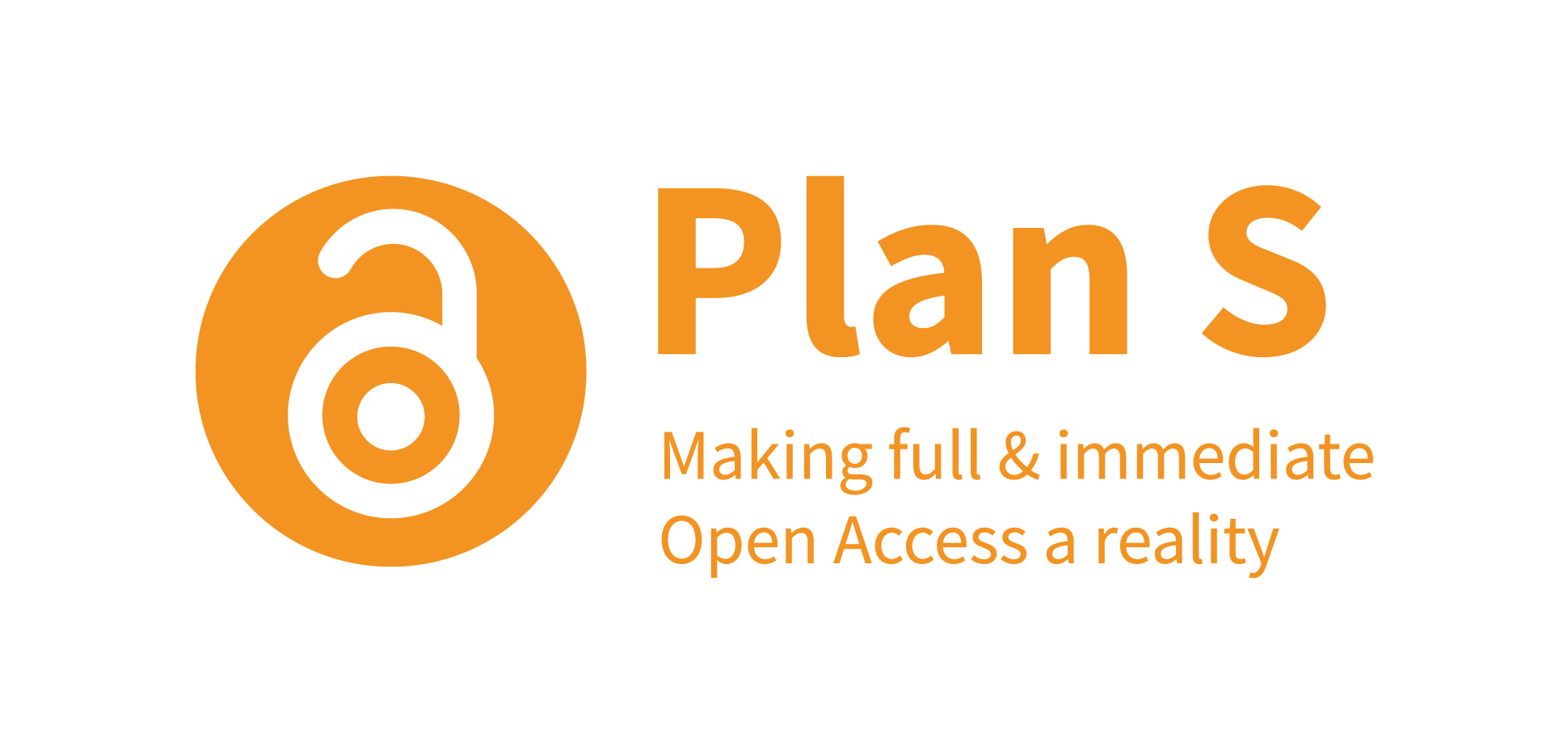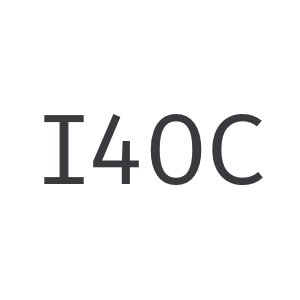Submissions
Submission Preparation Checklist
All submissions must meet the following requirements.
- Where available, URLs for the references have been provided.
- The text is single-spaced; uses a 12-point font; employs italics, rather than underlining (except with URL addresses); and all illustrations, figures, and tables are placed within the text at the appropriate points, rather than at the end.
- The text adheres to the stylistic and bibliographic requirements outlined in the Author Guidelines.
- The submission file is in Microsoft Word document file format.
Privacy Statement
The names, surnames and email addresses entered in this journal site will be used exclusively for the stated purposes of this journal and will not be made available for any other purpose or to any other party. See: Privacy policy
The provided names, surnames and e-mail addresses of the reviewers will be available for search in the OJS system and visible to journal editorial offices members of journals using the OJS system and system administrators. This search is used to find reviewers in order to request a review. The list of journals using the system is available at: https://ojs.ejournals.eu/.
If you have any questions, please contact the a) Journal's Editorial Office and/or b) System Administrator: ojs[at]wuj.pl.






















